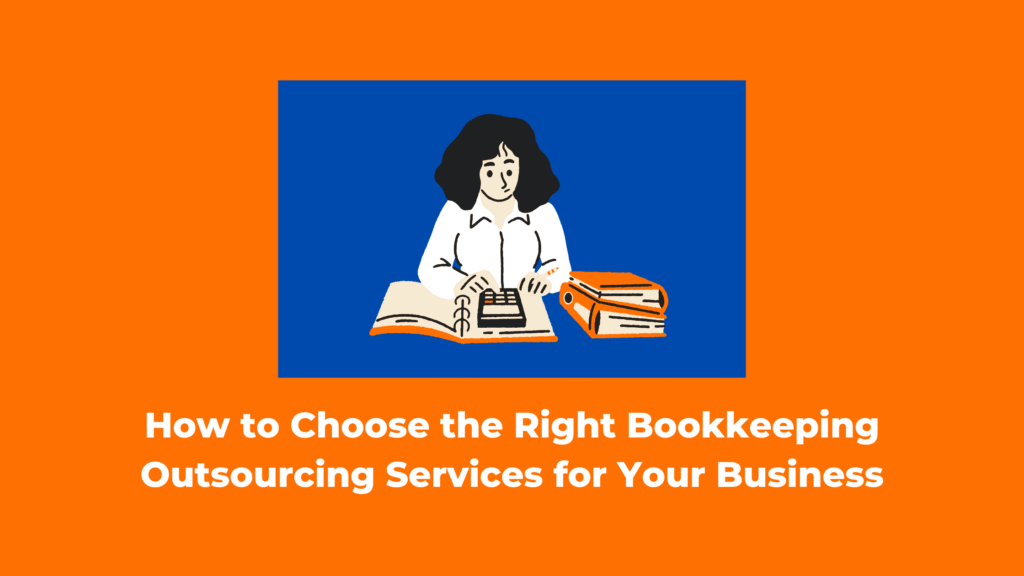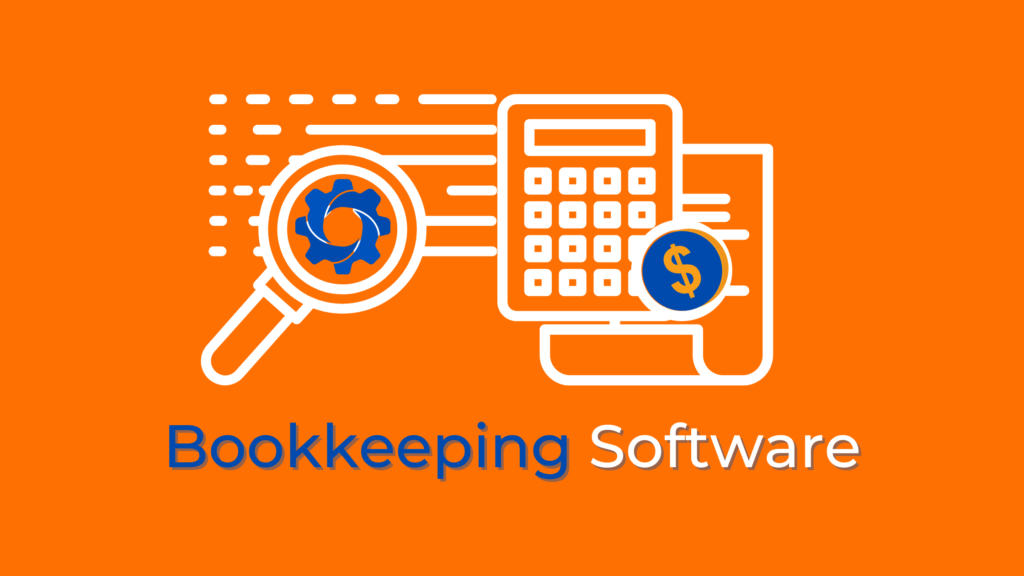Running a business isn’t only about selling products or winning new clients. A lot of important work happens behind the scenes, and one of the most critical aspects is managing finances. Without proper financial records, you can’t really see how your business is performing or where it’s heading. This is why bookkeeping matters so much.
The challenge is that not every business can afford to hire a full-time accountant or build a complete finance team. Paying salaries, buying software, and keeping up with training all require financial resources. As a result, many owners are now turning to bookkeeping outsourcing services. Outsourcing means letting trained professionals outside your company manage your books at a lower cost while you stay focused on other work.
But giving someone access to your financial records isn’t something you do casually. You need to trust the provider and be confident they’ll keep your accounts safe and accurate. So, how do you choose the right one? Let’s walk through some practical steps.
Start with Experience
Experience should be your top priority. Not all bookkeepers have the same background. Some mainly work with retail shops, others with service firms, and some focus on startups or construction companies.
For example, a retail shop may have hundreds of daily sales to track. A construction company, on the other hand, deals with project-based costs and contractor payments. The type of bookkeeping required in each case varies significantly. A provider who has already handled businesses like yours will be familiar with the challenges and can avoid costly mistakes.
So ask: How many years have they been doing this? Which industries have they worked with? Can they share examples of businesses similar to yours?
Know What You Actually Need
Bookkeeping is a broad term. Some companies only want basic data entry and bank reconciliation. Others may need payroll, tax filing, and monthly reports.
Before hiring, make a clear list of your needs:
- Do you only need someone to record daily transactions?
- Should payroll and tax filing be included?
- Do you want monthly reports or just quarterly updates?
Being specific will help you avoid paying for extras you don’t need and ensure you only get the bookkeeping services that match your business.
Consider Small Business Needs
If you own a small shop, consultancy, or local service firm, your needs will be different from a large corporation. Many providers offer specialized bookkeeping services for small businesses that are simpler, flexible, and budget-friendly.
These services focus on essentials: recording income, tracking expenses, managing payroll, and preparing tax-ready reports. Choosing the right Small Business Bookkeeping Services can help you stay on top of finances without spending too much.
Ask About Security
Financial data is sensitive. It includes bank details, payment information, and customer details. You need a provider with strong security measures.
A reliable firm offering bookkeeping services to small businesses in India or elsewhere should utilize secure systems, encrypted storage, and restricted access for staff. Don’t hesitate to ask how they protect your records. It’s better to be cautious early than deal with problems later.
Look at the Tools They Use
Most bookkeeping today is done digitally. Providers often work with software like QuickBooks, Xero, or Zoho Books. Some firms stick to a single platform, while others are more flexible.
If you already use a system, check if the provider can work with it. If not, ask them to recommend one. Cloud-based tools are beneficial because you can log in at any time, check your accounts, and download reports without waiting.
Communication Matters
Bookkeeping isn’t something you can hand over and forget about. You need updates, reminders about upcoming payments, and reports on cash flow.
Ask about their communication style. Will you get weekly updates? Monthly reports? Who will be your point of contact? If the provider is overseas, like a bookkeeping service from India, check how they handle time zone differences. Quick responses are crucial when managing finances.
Balance Cost with Value
Price matters, but it shouldn’t be the only factor. Some services charge hourly rates, while others offer monthly packages. The cheapest option may look attractive, but it can also mean limited support or less experienced staff.
Think about the value you get. A slightly higher-priced service that includes tax support, better reporting, and stronger security may actually save you time and money in the long run.
Check References
Don’t just rely on the provider’s promises. Ask if you can speak with their current or past clients. A serious provider won’t hesitate to share references.
Talk to those clients about accuracy, reliability, and responsiveness. Their feedback will tell you if the service is as good as it sounds.
Test Before Committing
If you’re unsure, start small. Let them handle payroll or bank reconciliations for a couple of months. This way, you can test their accuracy, communication, and reliability without taking a big risk.
If they perform well, you can expand the scope later.
Mistakes to Avoid
Many businesses make common errors when outsourcing bookkeeping:
- Choosing a provider only because they’re cheap
- Assuming they handle taxes without confirming
- Ignoring data security policies
- Not agreeing on how and when reports will be delivered
Avoiding these mistakes saves you from headaches later.
The Benefits of Choosing Right
When you pick the right outsourcing partner, the benefits are clear:
- Accurate and updated records
- More time to focus on your main business
- Managing accounts on your own
- Scalable services that grow with your business
- Outsourcing isn’t just about cost savings. It’s about finding support that helps your company stay financially healthy.
Final Thoughts
Bookkeeping is the backbone of every business. Without organized financial records, you can’t make informed decisions or plan for the future. Hiring full-time staff may be too costly, but outsourcing offers a balanced and practical option.
The key is choosing carefully. Look for experience, clear security policies, good communication, and the right tools. Don’t only think about cost—consider the overall value.
The right bookkeeping outsourcing services can give you peace of mind, accurate records, and the freedom to focus on running your company. Whether you choose local providers or trusted bookkeeping services for small businesses in India, what matters most is finding a reliable partner who treats your finances with care.

Pardeep is the founder and editor of Small Investment Ideas. He believes that everyone can change their life with the help of small investments and achieve financial freedom.


